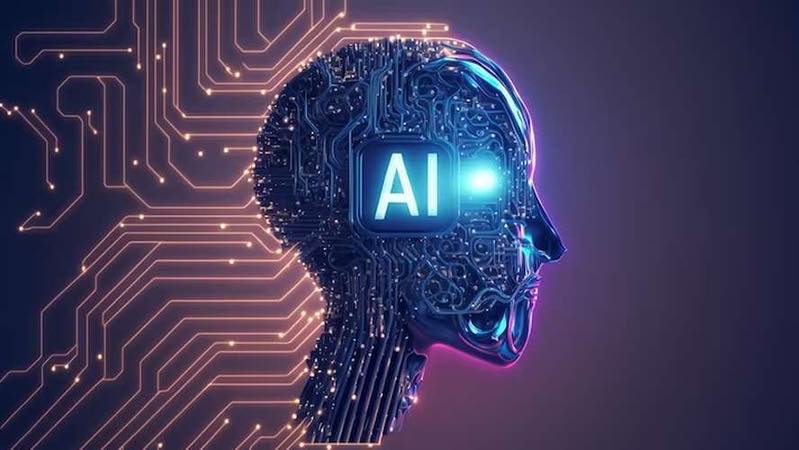AI Consulting Perspective: Transforming Workflow Inconsistencies Into Strengths
In today's fast-paced, technology-driven world, the way businesses operate is rapidly evolving. In particular, the increased use of gig workers and the scheduling challenges that often accompany such a structure have necessitated a new perspective on workflow management. That's where AI - Artificial Intelligence - enters the picture.
As an AI consultant, I've spent countless hours working with businesses facing these exact issues. Schedules are inconsistent, gig workers are challenging to manage, and the quality of work can vary wildly. Rather than accept these problems as the cost of doing business, I've chosen to embrace AI to address these issues head-on.
AI and Machine Learning have proven their worth in numerous industries and use-cases, including managing remote workforces. AI can help implement standardized processes, predict workforce availability, manage project timelines, and improve the overall quality of work produced.
Why Embrace AI?
The choice to implement AI was driven by two main factors: the nature of gig work and the inherent unpredictability of human-centered scheduling.
1. The Gig Economy: Gig workers are a critical part of the modern business landscape. Yet, their work is characterized by inconsistencies. Projects are often delayed, and the quality varies from worker to worker. AI can help manage these inconsistencies by implementing and enforcing standardized processes that ensure all work meets set quality standards, regardless of who is doing the work.
2. Inconsistent Schedules: Gig workers often have multiple clients or commitments, leading to unpredictable schedules. AI can help businesses predict and manage these inconsistencies, using historical data to anticipate future availability, manage schedules, and ensure that project timelines are met.
How AI Streamlines Workflow
AI offers several tools to streamline workflow and reduce the impact of these challenges. Here are a few examples:
1. Predictive Analytics: AI algorithms can analyze past performance to predict future results. This can help manage gig worker availability and project timelines.
2. Process Automation: Routine tasks can be automated using AI, reducing the workload on gig workers and freeing them to focus on more critical tasks.
3. Quality Control: AI can implement and enforce quality standards, ensuring all work meets the same high standard.
The Measurable Impact of AI
Since integrating AI into our workflows, we've seen measurable improvements in efficiency, productivity, and overall quality of work. Project timelines have become more predictable, the work quality is consistently high, and the need for micromanagement has decreased.
In essence, AI has transformed the problems of managing a gig workforce from a source of frustration into a strength. It's a testament to the power and potential of AI, not just as a tool for solving problems, but as a catalyst for business transformation.
The Future of Work is Here
To conclude, the future of work is here, and AI is a part of it. By embracing AI, businesses can effectively manage the challenges of the gig economy and inconsistent schedules, paving the way for a more productive, efficient, and quality-focused business landscape.

